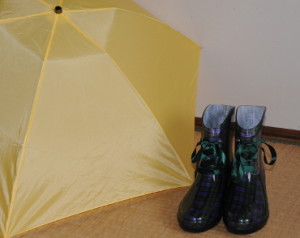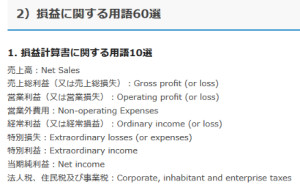Living in Japan is hard work! No, I’m not referring to the fact that all that Japanese people do is working, because mostly it’s not true, at least not in Kyoto. I mean that being simply a resident in Japan is hard work already. Only yesterday, I have received mail from those two:
 May I introduce you to Sensasu-kun (Censusboy) on the left and Mirai-chan (Futuregirl) on the right, who are the mascots for this year’s census in Japan. Before you ask, no, you cannot do anything in Japan without mascots, not even – or rather: especially not – if you are the government.
May I introduce you to Sensasu-kun (Censusboy) on the left and Mirai-chan (Futuregirl) on the right, who are the mascots for this year’s census in Japan. Before you ask, no, you cannot do anything in Japan without mascots, not even – or rather: especially not – if you are the government.
Apparently, every five years, every resident in Japan, whether foreign or native, is asked to take part in the census. At first I was a bit worried, but everything could be done online and in English, there were lots of explanations in case anything could possibly be unclear, and the whole thing indeed only took the ten minutes they promised at the front page.
The questionnaire surprised me on various levels. First of all, it was extremely short. There were only 14 questions in total, and only one of them had a subcategory if you answered the first part in a specific way. I dimly remember a census I had to fill out in Austria 20 years ago or so, and that was a lengthy list of questions covering several pages.
For the one I filled in today, at first you had to answer questions about all the persons living in your household: Name, birth year, nationality, marital status, etc. It was interesting that the questionnaire was not anonymised in any way, but then again, if everybody must participate, there’s probably not much point in it. Also, there were no questions that could in any way be construed as private: No questions about religion, preferred mode of transport, which party you’d lean towards, how often you’d go to museums, theatres, sports events, not even the exact birthdate or birthplace were required.
With the typical Japanese sense of priority, the main part of the questionnaire, 7 or 8 questions, was about work: Which work do you do, where do you work, what is the name of your workplace, what kind of business is that, and what exact position do you have there, etc. The interesting part was about my type of work: As the owner/director of my own company, according to this census, I am neither employed nor self-employed. In between those two categories there was an extra one “Board member of a company etc.” The non-working housewife-student-and-pensioners category was at the very right, by the way (so as not to be confusing for me either, I guess).
The last two questions asked about the type of house I was living in – and there was the one and only subcategory, wanting to know on which floor my apartment was. That was it, the whole thing. It seems to me that all the information is already available though, and I cannot help wondering whether it would not be easier to check the existing databases rather than create a new one. On the other hand, it’s probably good to every now and then weed out all those zombie records…








